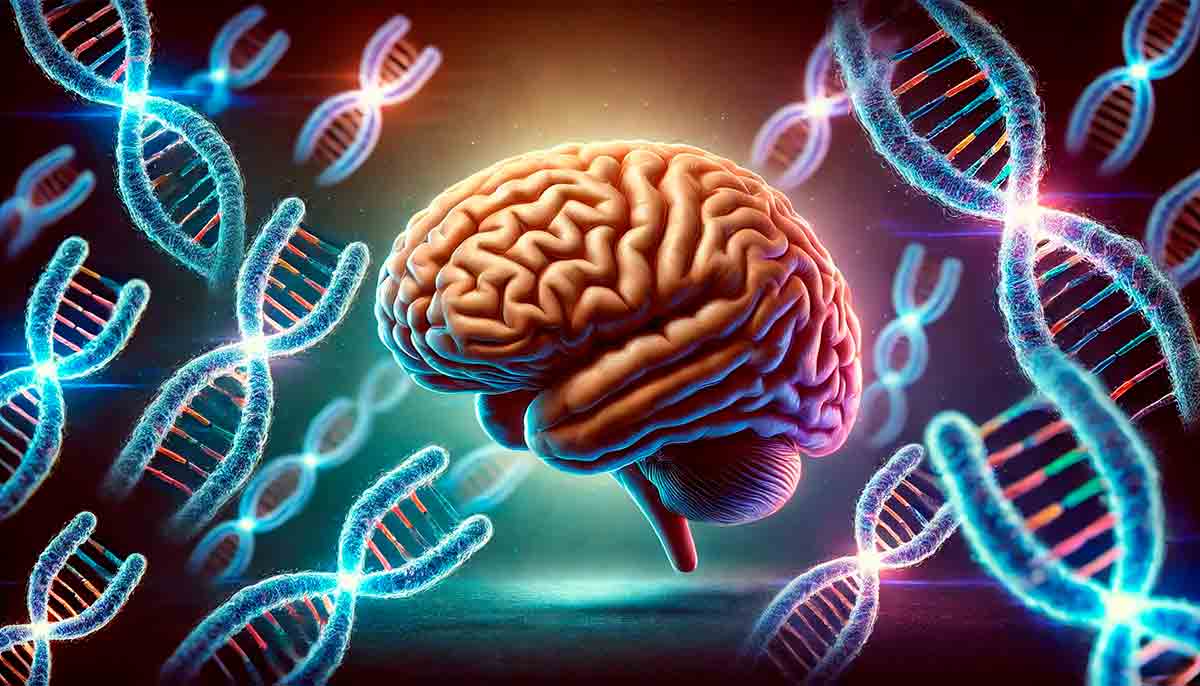
Angelman Syndrome is a rare genetic disorder that affects neurological development, causing significant developmental delays, problems with balance and movement, speech difficulties, and often episodes of frequent laughter and a happy appearance.
This condition is caused by the loss or inactivation of genes on chromosome 15, specifically the UBE3A gene, which is crucial for normal nervous system development.
Main characteristics of Angelman Syndrome:
1. Developmental delay: Children with the syndrome generally have significant delays in reaching developmental milestones, such as sitting, crawling, or walking.
2. Movement and balance problems: They often exhibit an unstable gait and coordination problems.
3. Limited or absent speech: Most children with Angelman Syndrome do not develop sufficient speech abilities.
4. Characteristic behavior: Includes frequent episodes of laughter and smiling, generally happy behavior, and excitability.
5. Seizures: Epilepsy is common, occurring in about 80% of cases.
6. Cognitive difficulties: People with this syndrome have severe mental and cognitive delays.
Causes:
Angelman Syndrome is caused by a genetic anomaly on chromosome 15. In about 70% of cases, a deletion occurs on the chromosome 15 inherited from the mother. In other cases, a mutation in the UBE3A gene or the inheritance of two copies of chromosome 15 from the father (paternal uniparental disomy) without an active maternal copy may occur.
Treatment:
There is no cure for Angelman Syndrome, but treatments and therapies can help improve quality of life.
Although people with Angelman Syndrome require lifelong support, life expectancy is generally normal. With proper treatment and support, many people with this condition can lead happy and productive lives.
Sources: National Organization for Rare Disorders (NORD), Genetics Home Reference (GHR), Angelman Syndrome Foundation.
This content was created with the help of AI and reviewed by the editorial team.

